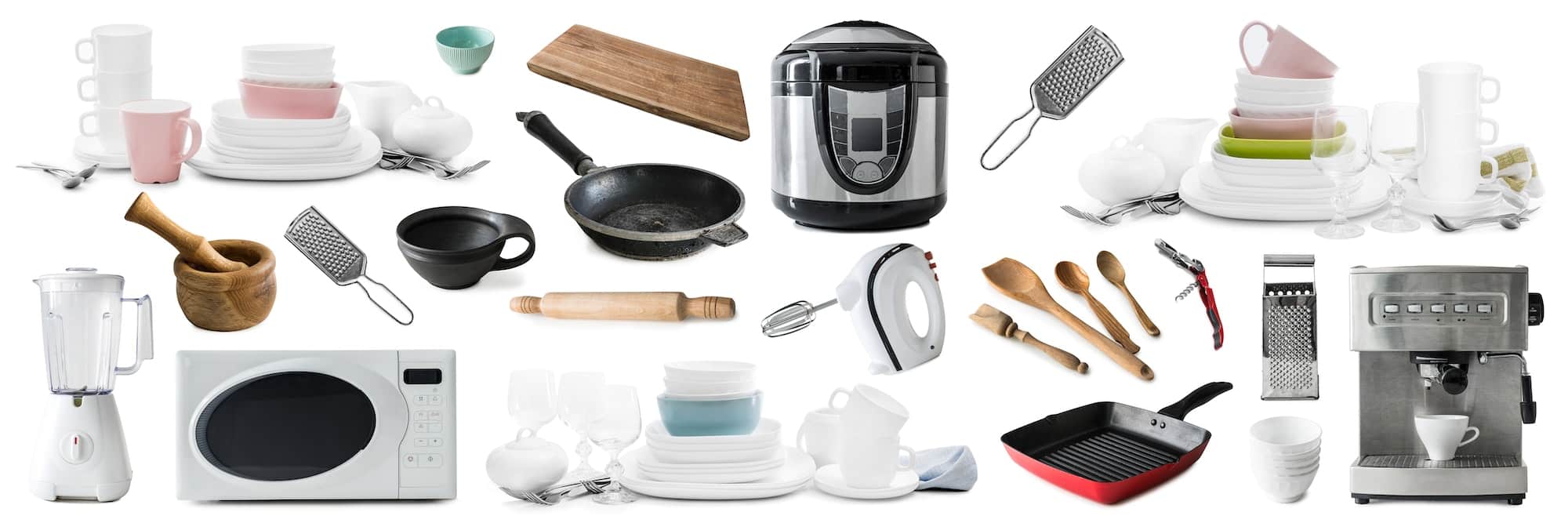What are the top energy-efficient cooking appliances for a UK eco-friendly kitchen?

With the pressing need to reduce carbon footprints and to conserve energy, more and more UK households are opting for eco-friendly, energy-efficient appliances. These appliances do not just help in curbing environmental degradation, but they also significantly cut down on energy bills. In this article, we will explore the top energy-efficient appliances for the eco-friendly kitchen in the UK, focusing mainly on cooking appliances such as ovens, cookers, and induction hobs.
Energy-efficient Ovens for Your Kitchen
One of the most used appliances in the kitchen is the oven. Traditional ovens are notorious for consuming high amounts of energy. However, modern ovens have been innovatively designed to be more energy-efficient.
A voir aussi : What are the best ergonomic home office chair designs for petite individuals in the UK?
Air fryer ovens are taking the appliance market by storm, thanks to their eco-friendly design. These versatile appliances can roast, grill, bake and even fry food with less oil, making them a healthier choice. They work by circulating hot air around the food, enabling it to cook evenly without using a lot of energy.
On the other hand, convection ovens are also a popular choice, as they heat food faster and at a lower temperature, thus using less energy. These ovens come with a built-in fan that circulates the hot air, helping to cook food evenly and efficiently.
A lire également : How can you organize a shared UK home office for two with distinct workspaces?
Choosing the Right Cookers for Sustainable Cooking
The cooker is another kitchen appliance that plays an integral part in cooking. Choosing an energy-efficient cooker can make a considerable difference in your energy consumption.
Induction cookers are among the most energy-efficient appliances available today. They cook food by generating a magnetic field that heats the pot directly, rather than heating the cooktop and then the pot. This direct method of cooking ensures that less energy is wasted, cutting down on your electric bill.
Likewise, slow cookers are an excellent addition to any eco-friendly kitchen. They consume less electricity compared to conventional cookers, since they use a low amount of heat over an extended period to cook food. Moreover, they can cook a wide range of dishes with minimal supervision, freeing up your time.
Eco-friendly Water Appliances
Water appliances are essential in any kitchen. From kettles to dishwashers, these appliances can consume a lot of energy if not chosen wisely.
Electric kettles are often overlooked when people consider energy-efficient appliances. However, modern electric kettles come with an ‘eco’ mode that only boils the water you need, saving energy and reducing waste.
Dishwashers, on the other hand, are known to use a significant amount of water and electricity. Opting for an energy-efficient dishwasher can help reduce this consumption. Look for dishwashers that have an ‘Eco’ programme or those that use sensor technology to adjust the amount of water based on the load.
The Role of Energy-efficient Refrigerators
The refrigerator is another kitchen appliance that remains switched on 24/7, making it a significant contributor to your household’s energy use.
Modern refrigerators are designed to be more energy-efficient, with features such as temperature management and air filtration systems, reducing the energy needed to keep food fresh.
Additionally, models with a top-mounted freezer use 10-25% less energy compared to side-by-side or bottom-mounted models. Also, opting for a refrigerator with no ice-maker or water dispenser can save more energy, as these features can increase a fridge’s energy use by 14-20%.
Importance of Energy Efficiency Labels
When shopping for energy-efficient appliances, it’s crucial to pay attention to the energy efficiency labels. In the UK, appliances are rated on a scale from A+++ (most efficient) to D (least efficient). Appliances with a higher rating will consume less energy, thus saving you money on your energy bills over time.
Remember that investing in energy-efficient appliances will not only make your kitchen eco-friendly but also contribute to a more sustainable future. While these appliances might cost a bit more upfront, the long-term savings on your energy bills will make them a worthwhile investment.
Essential Small Appliances for an Energy-Efficient Kitchen
Having an efficient kitchen is not only about large appliances. Small appliances also play a vital role in making your kitchen more eco-friendly and energy saving.
The toaster oven is a notable example. It’s much smaller than conventional ovens, meaning it heats up faster and uses less energy. Plus, toaster ovens are versatile, able to broil, bake, toast, and even air fry food, making them a wonderful all-in-one energy-efficient appliance.
Another noteworthy mention is the electric multi-cooker. Known for its versatility, the multi-cooker can sauté, steam, slow cook, and pressure cook, reducing the need for multiple appliances and effectively saving energy.
Induction cooktops are also becoming a popular choice for an energy-efficient kitchen. They heat the pan directly using a magnetic field, eliminating the waste of heat that comes from gas or electric stovetops and reducing cooking time.
When choosing small appliances, it’s crucial to consider their energy rating. Look for those with a high energy rating (A+++) to ensure they are energy-efficient.
Conclusion: The Benefits of an Energy-Efficient Kitchen
Investing in energy-efficient kitchen appliances is a crucial step towards creating an eco-friendly kitchen and reducing your household’s energy consumption. By making mindful decisions about the appliances we use, we can significantly reduce our carbon footprint and contribute to a more sustainable future.
While energy-efficient appliances might be more expensive to purchase upfront, they are a worthy investment in the long run. They can drastically cut down on your energy bills, and their long lifespan means you won’t need to replace them as often, saving you money over time.
Remember, the key to an energy-efficient kitchen is not just about choosing the right appliances. It’s also about how you use them. Always make sure to use your appliances at their full capacity, maintain them well, and turn them off when not in use to maximize energy savings.
In the end, the advantages of having an efficient kitchen go beyond just saving energy and money. It also contributes to a healthier living environment and a more sustainable world. As consumers, it’s our responsibility to make conscious decisions that will positively impact our planet.
